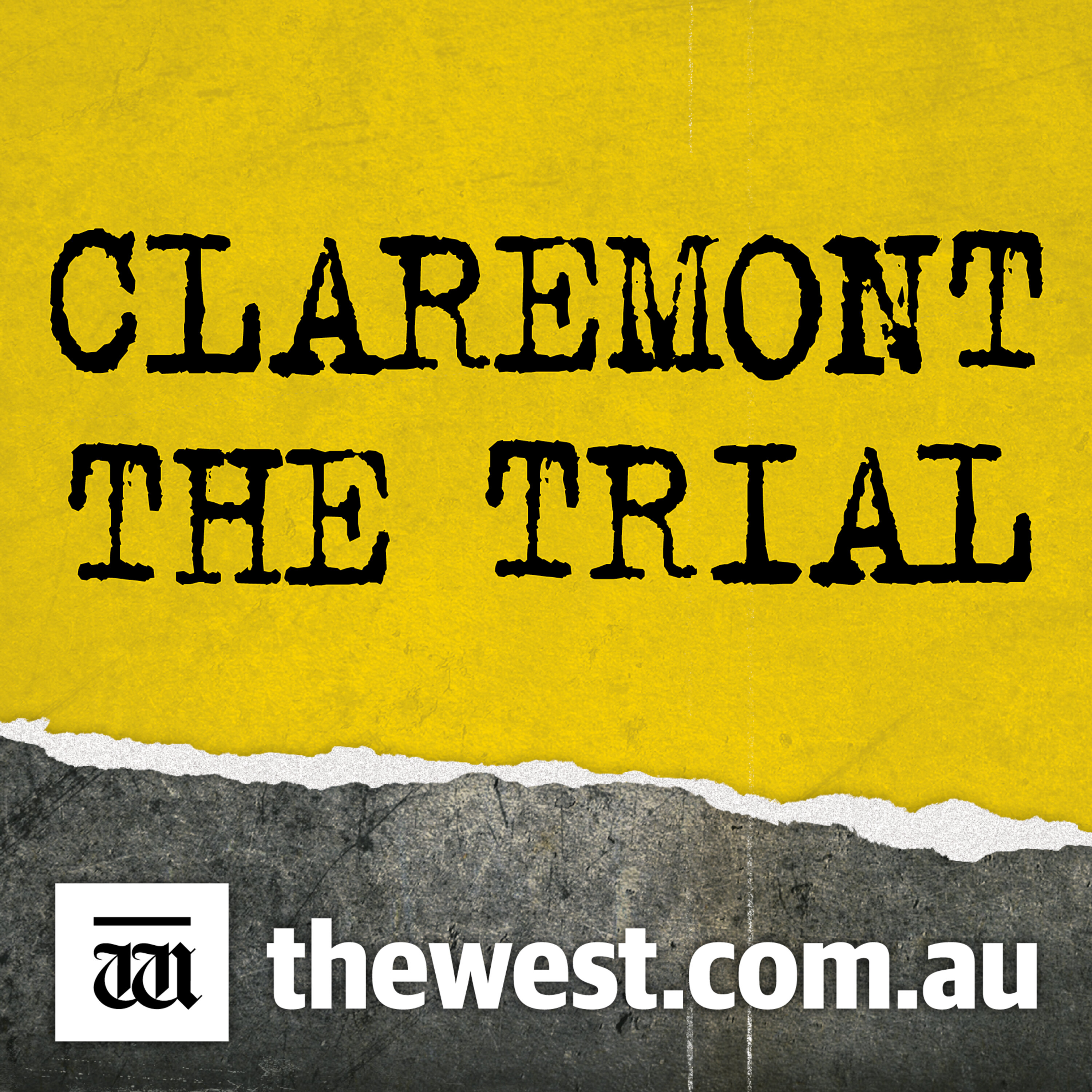The Evidence Ban
Description
Before Day 31’s evidence in the Claremont Serial Killings trial could be heard, Justice Stephen Hall issues a temporary suppression order on all details regarding the post mortems of Jane Rimmer and Ciara Glennon, including any injuries and the causes of death.
Justice Hall said the suppression was made at the request of the victim’s families.
The suppression order was put in place just before evidence from the pathologist who carried out the post mortems of Jane Rimmer and Ciara Glennon was read out to the court.
Dr Karin Margolius died from cancer in 2010, so her evidence is restricted to the reports she made during the two women's autopsies.
It leaves us with the question. Will we find out the caue of death of Jane and Ciara?
This left court reporters from every media outlet with not a lot to write about, except that a ban had been put in place.
As Tim Clarke explains, media outlets and their lawyers have put in a submission to the court to have access to these details eventually. Just how much detail Justice Hall allows to be broadcast is to be determined.
One important note, which Justice Hall stressed, is that the details discussed in court today didn’t stop at just the media. Anyone from the public who was present in the packed court room was also banned from broadcasting on social media, even talking about the details discussed in court.
Tim Clarke explains the penalties which could arise from a breach of this order.
Joined by forensic scientist Brendan Chapman, we take you through the inner workings of a forensic lab, why dental records are so important and answer some of your questions.
If you have a question for the podcast, email us at [email protected]
To hear what goes into making the Claremont in Conversation podcast, your behind the scenes look can be found at https://omny.fm/shows/true-crime-conversations/claremont-serial-killer/embed
More Episodes
After 20 years of hiding in plain sight, sadistic killer and brutal rapist Bradley Edwards will likely never leave jail and die without his freedom, after he was sentenced to life in prison with a minimum non-parole period of 40 years.
If he makes it that long, he will be 88, taking into...
Published 12/23/20
Published 12/23/20
Join the Claremont in Conversation team in this special live event at the University of Western Australia.
Hear stories never told in court, anecdotes from sitting days and opinions from the journalists who covered the mammoth seven-month trial.
You'll also hear some details from Tim Clarke's...
Published 12/01/20


